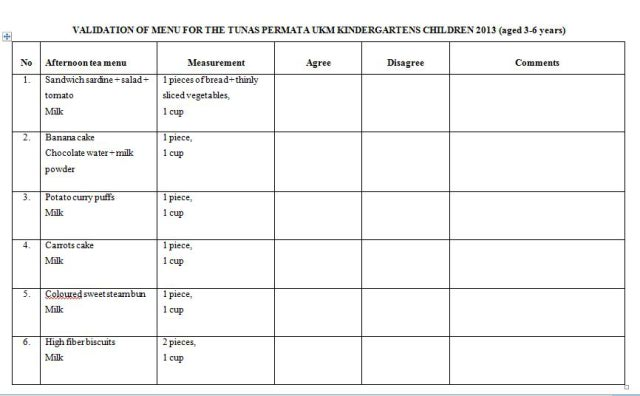How Manage Blood Sugar When
1. Healthy Eating:
- Consume a balanced diet rich in whole grains, fruits, vegetables, and lean proteins.
- Limit processed and sugary foods, refined carbohydrates, and unhealthy fats.
- Choose low-glycemic index foods that release sugar slowly into the bloodstream.
- Opt for smaller, frequent meals throughout the day to prevent sharp fluctuations in blood sugar.
2. Regular Exercise:
- Engage in regular physical activity, such as brisk walking, cycling, swimming, or dancing.
- Aim for at least 30 minutes of moderate-intensity exercise most days of the week.
- Regular exercise improves insulin sensitivity and helps lower blood sugar levels.
3. Monitor Blood Sugar:
- Use a blood glucose meter to regularly monitor your blood sugar levels, especially if you have diabetes.
- Work with your healthcare provider to determine the target blood sugar range and frequency of monitoring.
- Keep a record of your blood sugar readings to identify patterns and adjust your management plan accordingly.
4. Medication and Insulin:
- If prescribed, take your diabetes medications as directed by your healthcare provider.
- Follow the recommended insulin regimen if you have type 1 diabetes or advanced type 2 diabetes.
5. Stress Management:
- Chronic stress can elevate blood sugar levels. Practice relaxation techniques, such as deep breathing, meditation, or yoga, to manage stress.
6. Adequate Sleep:
- Poor sleep can affect insulin sensitivity and increase blood sugar levels. Aim for 7-8 hours of quality sleep each night.
7. Hydration:
- Drink plenty of water to stay hydrated. Dehydration can lead to higher blood sugar levels.
8. Avoid Smoking and Limit Alcohol:
- Smoking can damage blood vessels and contribute to insulin resistance.
- Excessive alcohol intake can also interfere with blood sugar control.
9. Foot Care:
- If you have diabetes, take good care of your feet. Check for blisters, cuts, or other injuries regularly. High blood sugar can lead to nerve damage and poor circulation, increasing the risk of foot complications.
10. Regular Check-ups:
- Schedule regular check-ups with your healthcare provider or a diabetes care team to monitor your blood sugar levels, discuss any concerns, and adjust your management plan if necessary.
Remember, managing blood sugar is an ongoing process that requires commitment and monitoring. Work closely with your healthcare provider to develop a personalized management plan tailored to your specific needs and goals.
-
Protein Intake in the Elderly
QuestionHello Laura, My Mother is 92. She doesnt have the appeti
-
2kinds of cheese
QuestionHI:What are the chloresterol,fat,+calorie levels on pot(f
-
weight loss and the pill
QuestionHi Susan I have a real head scratcher of a problem.
-
weight reduction
QuestionI am 23 years old , my height is 167 cm , my weight is 70
-
Oatmeal and wheat
QuestionHello Mr. Santoro To your knowledge, does oatmeal contai
-
Fennel seeds
Question A while ago I read an article concerning fennel seeds ai



